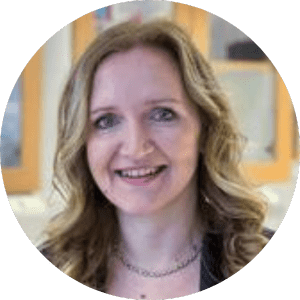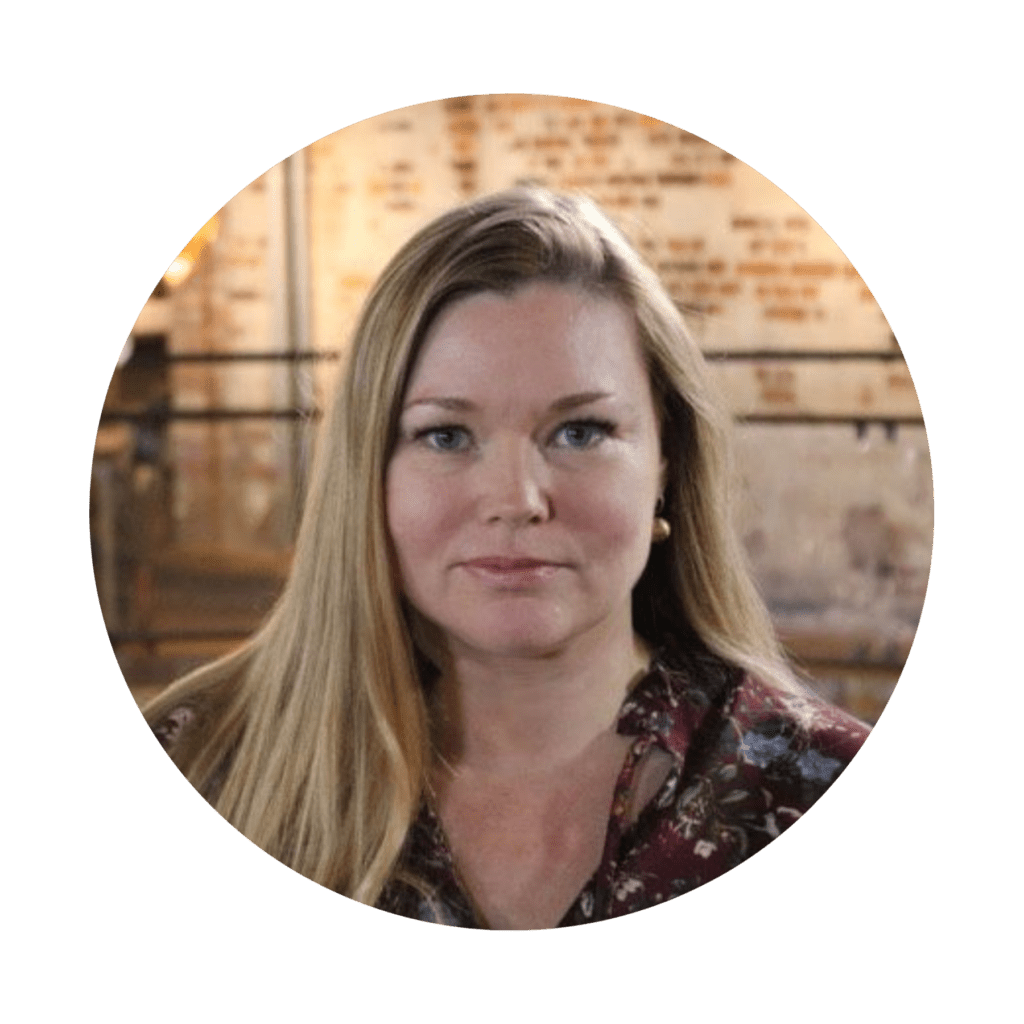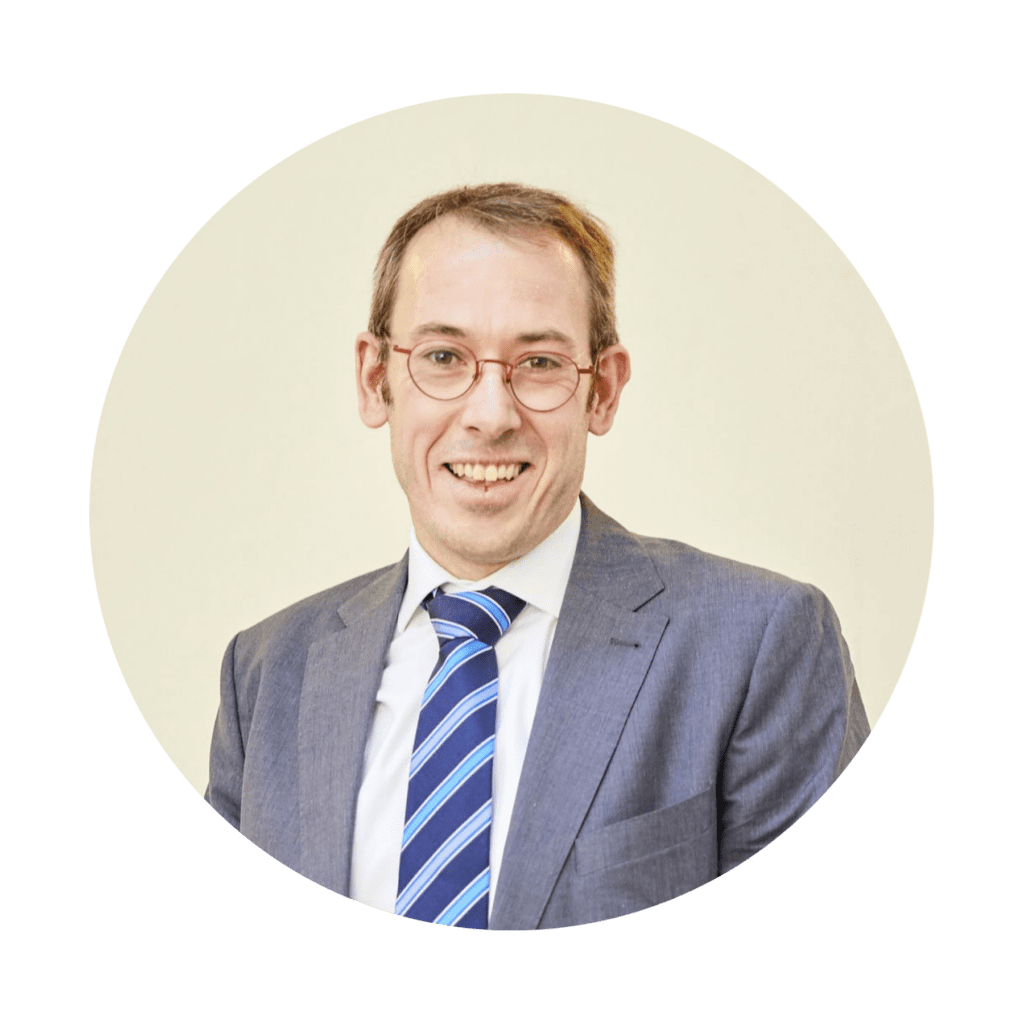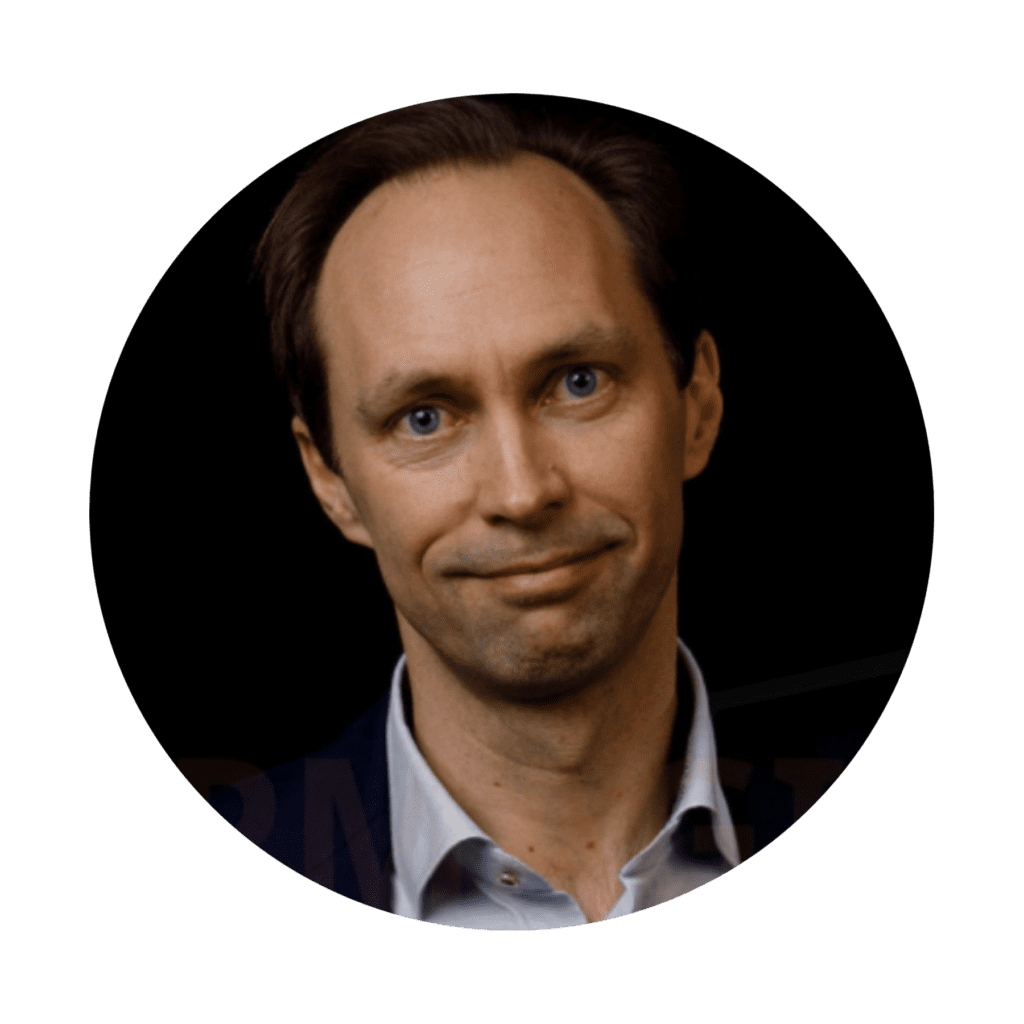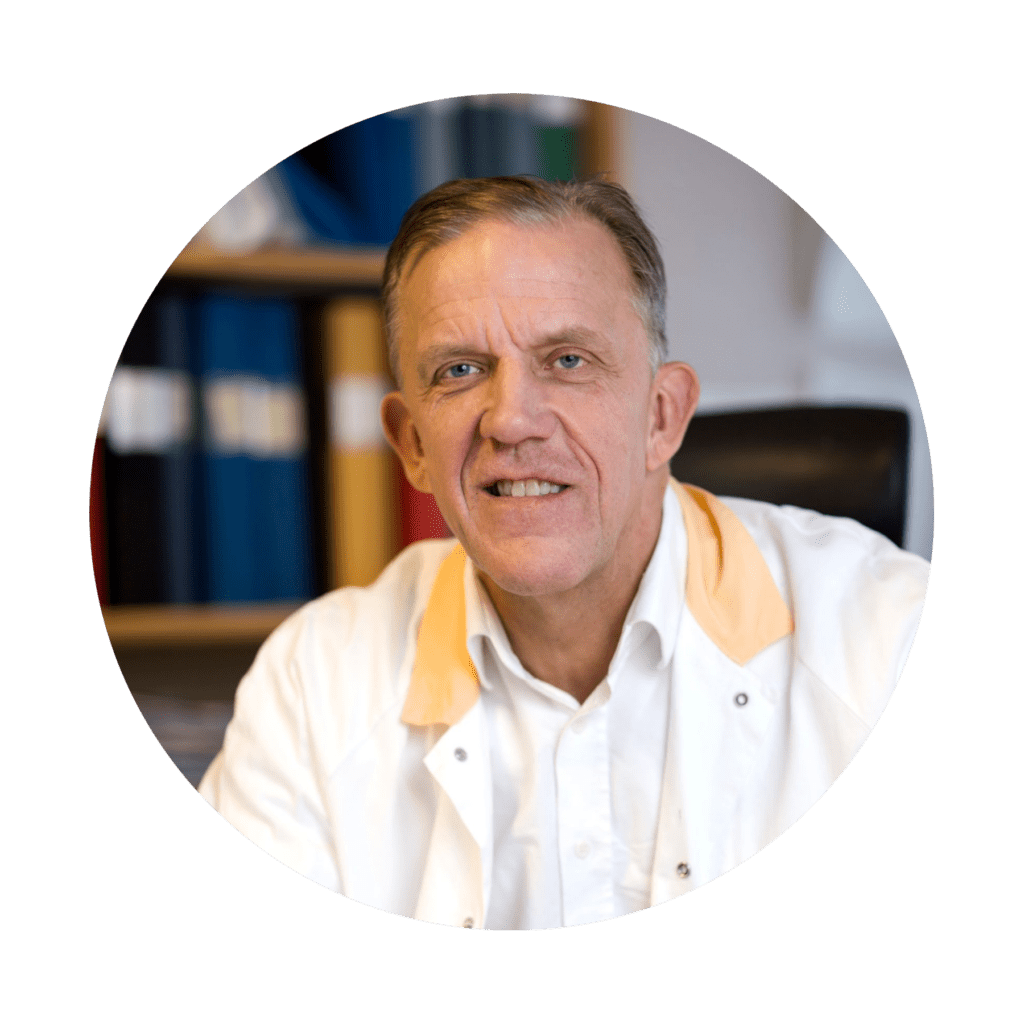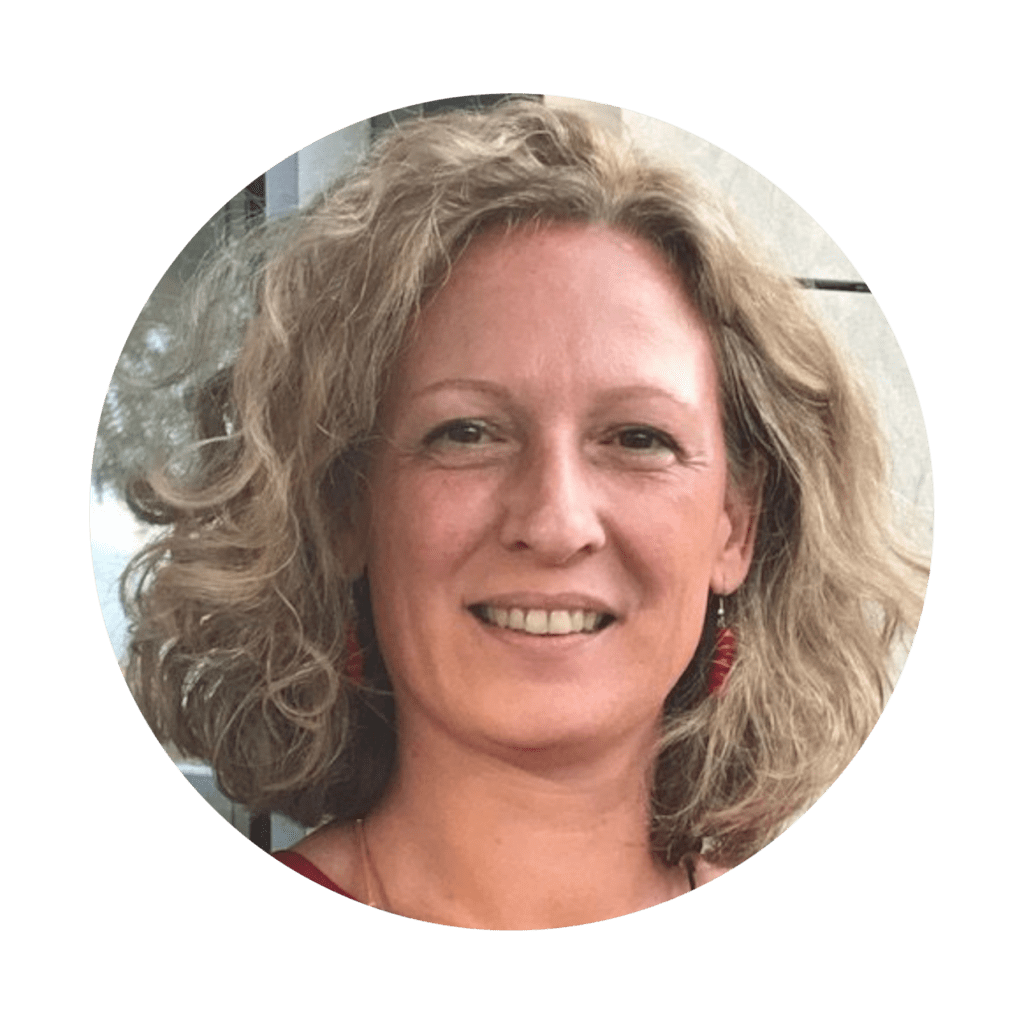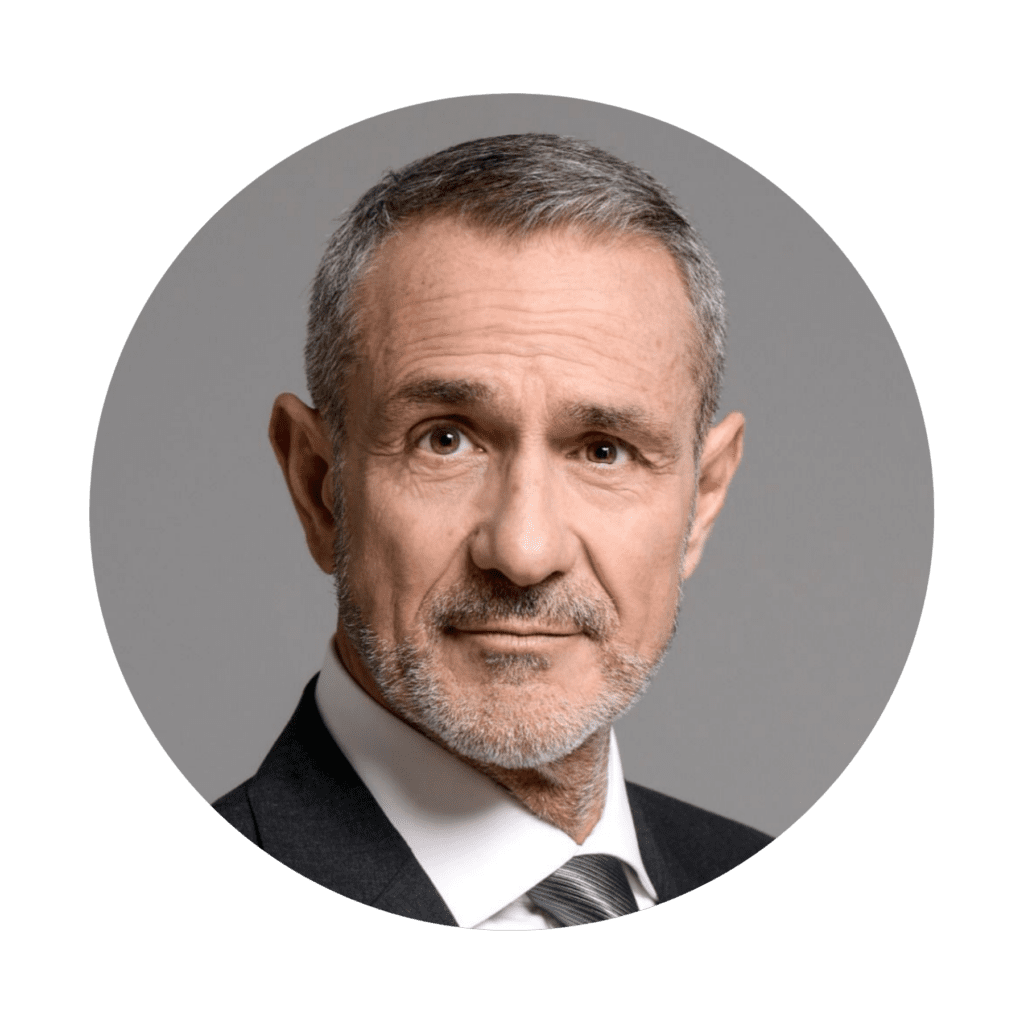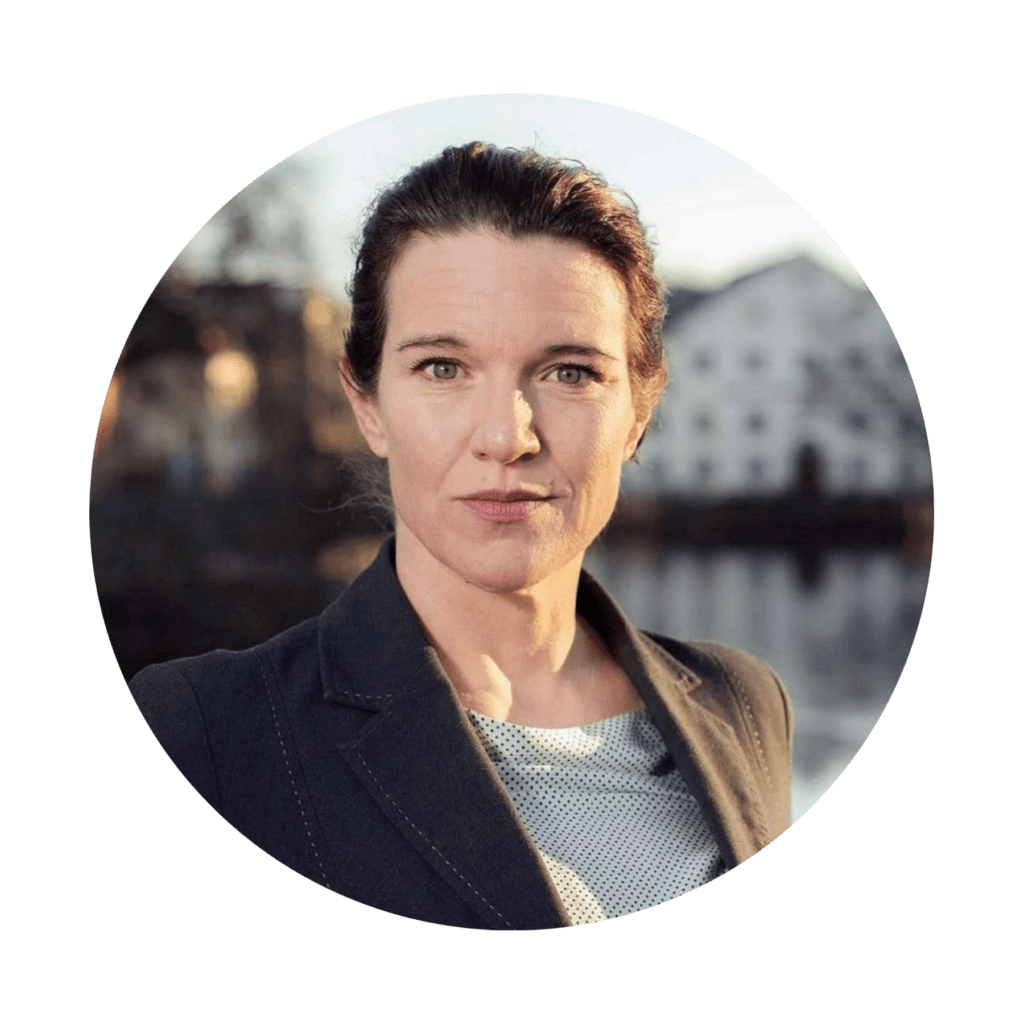Alzheimer’s disease, the most common form of dementia, is a pressing issue for our lifetime. Society needs to be responsive to ensure that people can live with more dignity and access services and resources despite their diagnosis.
On 26 September 2023, the European Brain Council (EBC), in collaboration with the European Federation of Pharmaceutical Industries and Associations (EFPIA), the Swedish Brain Foundation (SBF) and the Swedish Association of the Pharmaceutical Industry (LIF), organised a digital event “Rethinking Alzheimer’s disease: Moving towards a new Alzheimer’s disease detection and diagnosis pathway in Sweden”, exploring the ways we can rethink the Alzheimer’s care pathway, particularly in the Swedish healthcare context.
More than 380 people from 42 countries registered to attend the event, including many representatives from the NGO sector, government institutions and industry.
The virtual event followed the launch of the Rethinking Alzheimer’s Disease White Paper: Detection & Diagnosis, looking at how to detect and diagnose the disease at an earlier stage (at mild cognitive impairment – MCI – stage) and what new care pathways would need to be implemented to reach out to patients at that stage.
Moving towards a new Alzheimer’s disease detection and diagnosis pathway in Sweden
The event kicked off with opening remarks from Suzanne Dickson (President, European Brain Council) and an inspiring keynote speech from Maria Cavalli (Co-founder, NADIO – Need, Ask, Develop, Implement and Organize), highlighting the value of an early diagnosis from a caregiver perspective. Maria gave a very strong and inspiring speech on living with Alzheimer’s in a daily life with a personal drive that stems from her father’s diagnosis of early-onset Alzheimer’s.
“Now that we see the emergence of disease-modifying drugs, it is especially important to consider how prepared health care systems are for their use in the clinic and, for this, we need policy recommendations of tangible ways to improve the care pathway.”
“No one with this deadly disease asked for information on how to prepare to die. They all asked for research-based advice on how to live with Alzheimer’s.”
The event continued with a panel discussion “From detection and diagnosis to innovative treatment and care”, moderated by Joakim Ramsberg (Head of Science and Society, Swedish Brain Foundation SBF), featuring Frédéric Destrebecq (Executive Director, European Brain Council), Linus Jönsson (Full Professor of Health Economics, Karolinska Institutet) and Kaj Blennow (Professor, University of Gothenburg). Speakers of the panel discussion share perspectives on what can be done in Sweden to ensure people living with Alzheimer’s can get access to a timely diagnosis.
“Any investment into improved patient outcomes bears benefit societally and economically.”
“The most urgent thing to do is to invest in research to make sure patients are diagnosed and are able to be included in research studies so we can develop the next generation of medicines.”
“We need to educate elderly people about early signs of Alzheimer’s disease and where to see medical advice.”
The second part of the event continued with another keynote speech by Moa Wibom (Senior Physician & Senior Manager, Ängelholm Hospital) who gave insights into how to rethink the Alzheimer’s care pathway in Sweden. The event concluded with a panel discussion “Healthcare system transformation: scaling up health systems’ readiness”, featuring Laura Campo (Executive Director International Corporate Affairs, Alzheimer’s disease, Eli Lilly and Company), Giovanni Frisoni (Full Professor of Clinical Neuroscience, Geneva University Hospital), Lina Nordquist (Member of Parliament, Swedish Liberal party) and Gerd Lärfars (Chairwoman, Swedish Association of Local Authorities and Regions). The panelists explored what actions can be taken to prepare health systems to provide a more timely and accurate diagnosis.
“There are disparities in EU countries the hope is that as we move forward, general questions and neurologists will be equipped with the right tools to ensure that people get quicker an opportunity of treatment.”
“I believe the future of diagnosis will need to be developed around treatment.”
“We need to be able to make caregivers and relatives be able to support without themselves becoming patients.”



